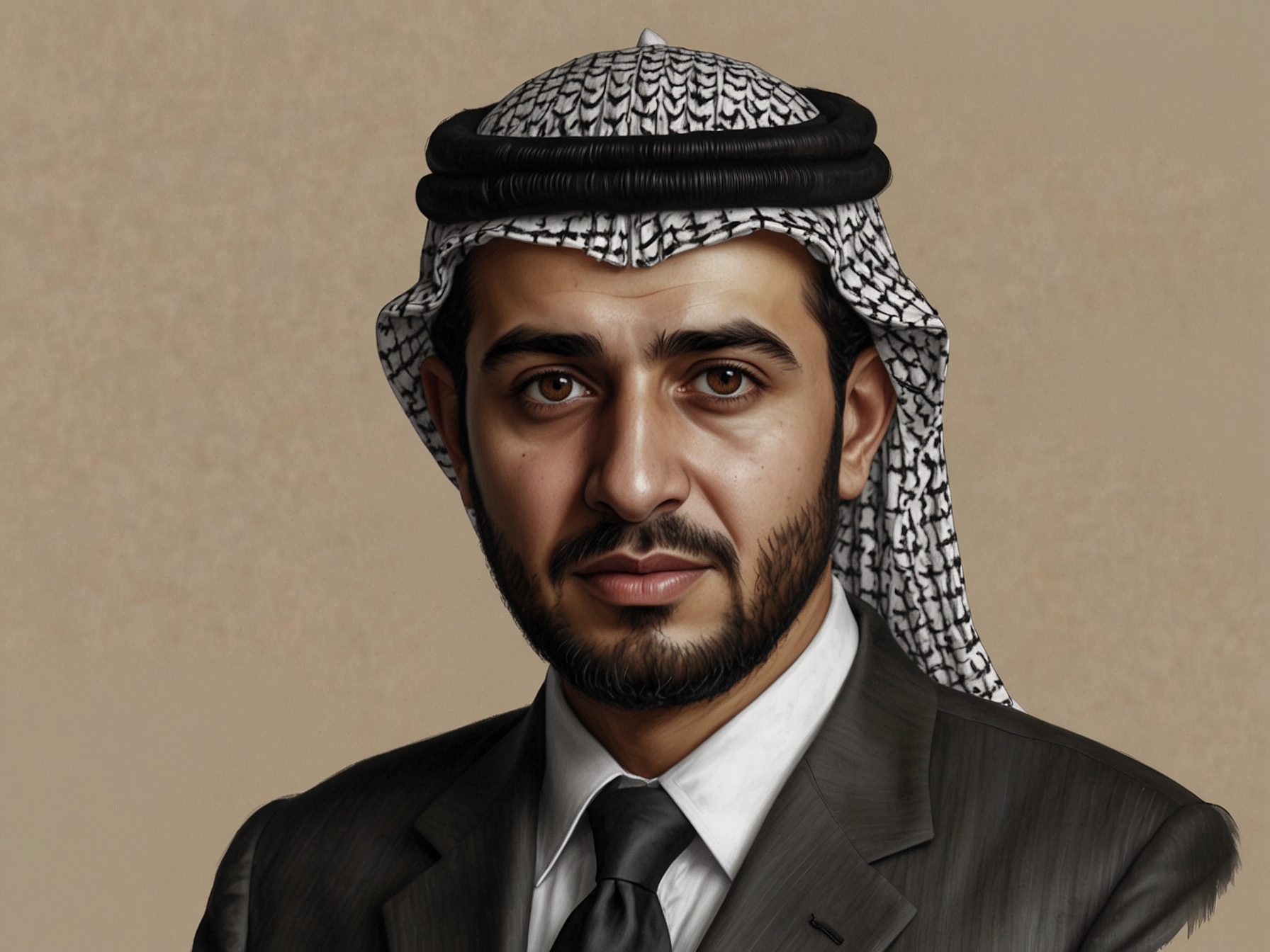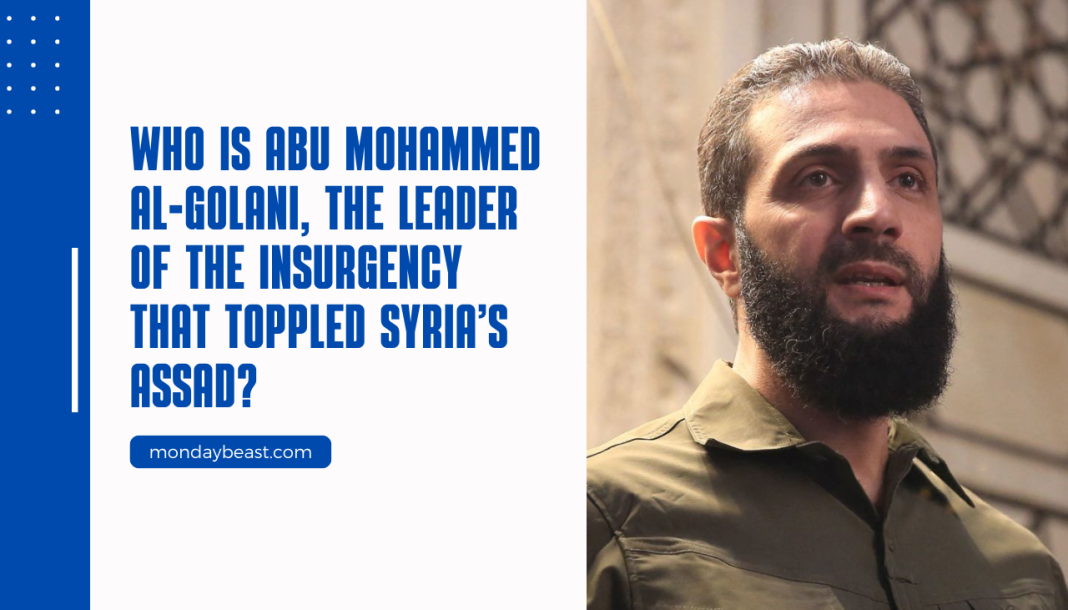Abu Mohammed al-Golani, who is he really? The man once known as a ruthless extremist now claims to be a champion of tolerance. Why did he drop his jihadist name? What does this transformation mean for Syria’s future?
As he marched into Damascus, al-Golani changed his name. Ahmad al-Sharaa, that’s who he is now. This sudden rebranding has left many wondering if change is possible. Can a former al-Qaeda ally really foster a state built on pluralism?
For years, the world watched Syria spiral into chaos. Assad ruled with an iron fist, and conflict reigned. Yet, in a stunning turn, insurgents took control, and communities across the country are now grappling with the unknown.
Al-Golani’s group, HTS, has fought shifts in power with dexterity. As he takes charge, questions arise about his intentions. Is HTS just a name change, or does it signal a shift toward governance?
The essence of Syria lies in its diversity. Multiple ethnic and religious groups coexist, often in tension. Each group fears that extremist ideologies could dictate governance. Al-Golani’s message is clear: ‘Syria is for everyone.’ But will he follow through?
He has shed his hardline image, wearing suits instead of military fatigues. It’s a stark contrast from his past. After years in the shadows, al-Golani is now at the forefront. His journey is one of manipulation and survival.
Al-Golani has always had a complex relationship with al-Qaeda. His rise began in Iraq, where he joined groups battling U.S. forces. Years later, he paved his path in Syria. His ability to stay relevant speaks volumes of his strategic mind.
The formation of the Nusra Front marked a significant step. Al-Golani defied al-Baghdadi’s leadership and refused to merge. This defiance established his influence among Syrian militants. He fought ISIS while expanding his control, turning rivals into allies.
His narrative changed in 2016 when he announced a new name. Jabhat Fateh al-Sham emerged as a sign of his independence. The illusion of a separate identity appealed to many. Yet, the underlying truth remains—his past lingers.

The latest transformation raises eyebrows, but it’s crucial. Al-Golani calls for building institutions. Can he really steer Syria toward decentralization? Or is it just a child’s hopeful dream?
In recent interviews, al-Golani voiced intentions for peace. He engages in discussions about diversity and collaboration. But will these statements translate into actions? The world will watch closely to see if he can truly shift narratives in Syria.
Past actions paint a different picture. Al-Golani once rejected talks and sought strict Islamic rule. His early ideology left minorities trembling. In stark contrast, he now champions a more tolerant vision. How much of it is for public relations?
Skepticism looms large. Many still see a threat behind the smile. Al-Golani’s rhetoric does not assuage fears. Will he pursue an inclusive agenda, or is it merely a tactic?
International actors play a critical role in Syria’s politics. Russia, Iran, and the U.S. all have vested interests. Each has a stake in determining who governs next. Their interventions will shape al-Golani’s leadership and impact on the region.
With Damascus under insurgent control, the dynamics shift. Assad’s troops are in hiding, leaving a power vacuum. It brings both opportunity and risk. Who fills that void will determine the future of the Syrian state.
Al-Golani’s ability to capitalize on this situation is vital. Role models often reshape narratives, but can a history like his support a new chapter? Or will the weight of the past crush the hope for a new era?
Here lies the challenge: to redefine leadership in Syria. A delicate balance between power and peace is necessary. Al-Golani and his followers must navigate a complex landscape.
There is a deep yearning within Syrian society for change. People want stability. They crave justice and the hope to rebuild their lives. Can al-Golani provide that? Or will he fall back into old patterns?
Time will tell if the new Ahmad al-Sharaa can emerge as a leader of hope. His story is evolving, but the end remains unwritten. As Syria stands at a crossroads, many will hold their breath. Will he rewrite history, or will history repeat itself?




